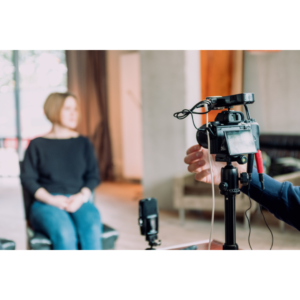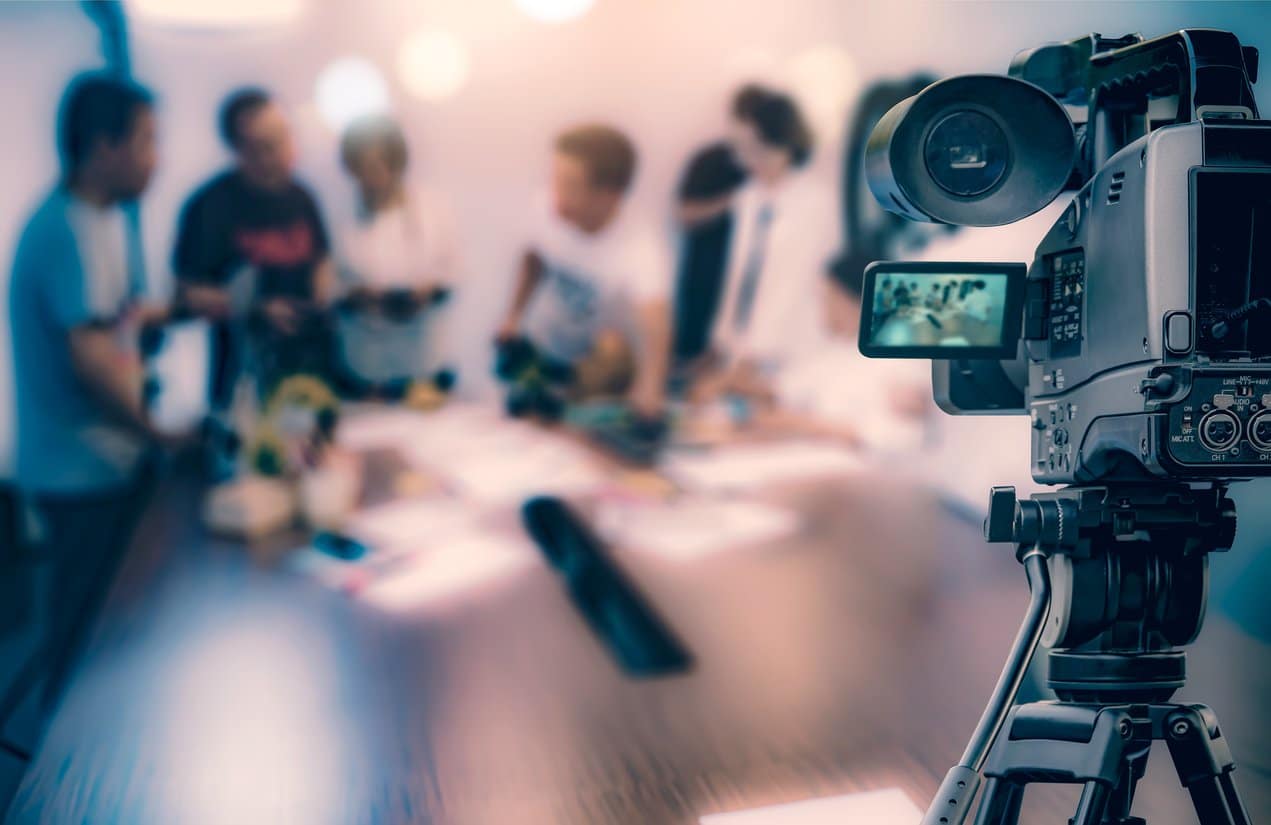Trusted Legal Videography for Reliable Case Support.
Trusted Legal Videography for Reliable Case Support.
Blog Article
The Duty of Legal Videography in Depositions and Trials
Lawful videography has emerged as a necessary device in both depositions and trials, giving a diverse technique to documenting witness testimonies. As lawful specialists significantly acknowledge its worth, it motivates a much deeper examination of just how these visual records can affect juror understandings and trial outcomes.
Relevance of Legal Videography
Legal videography plays a critical function in the documents and discussion of depositions and tests. This customized area incorporates technical skills with legal knowledge to develop a reliable record of process that can dramatically influence case outcomes. The appearance of lawful videography boosts the understanding of witness statement, enabling jurors and judges to observe not just the talked words yet likewise the attitude, feelings, and body language of the witnesses.

The importance of lawful videography expands past the court; it likewise plays a vital function in maintaining proof for future reference, whether for appeals or more legal activity. Because of this, its assimilation right into the lawful procedure is vital for ensuring a fair and exact depiction of the truths, inevitably contributing to the quest of justice.

Process of Legal Videography
While recording the subtleties of depositions and tests, the process of legal videography entails several critical steps that ensure premium, exact recordings. An expert legal videographer prepares by assessing the instance materials and understanding the certain demands of the deposition or test. This preparation consists of familiarizing themselves with the participants and the context, which assists in catching significant details.
On the day of the recording, the videographer sets up the essential equipment, which generally includes high-definition cameras, microphones, and proper illumination. Making certain ideal angles and sound high quality is vital, as it directly impacts the effectiveness of the recording. The videographer communicates with lawyers and participants to establish procedures, making certain that everyone comprehends the recording procedure.
Throughout the deposition or test, the videographer meticulously tapes the procedures, paying close interest to both spoken and non-verbal hints. legal videography. This consists of capturing the temperament and reactions of witnesses and lawyers. After the session wraps up, the videographer might modify the footage for quality and conformity with lawful criteria, generating a last product that precisely mirrors the proceedings for future recommendation and usage in legal contexts
Benefits in Depositions
The consolidation of videography in depositions provides various benefits that boost the general procedure of gathering proof. One primary advantage is the capacity to record witness testaments with visual and acoustic fidelity, supplying an extra exact representation of the witness's attitude, tone, and body movement. This multidimensional read the article approach allows lawyers and juries to analyze reputation a lot more efficiently than standard written records alone.
Furthermore, videographed depositions work as a powerful tool for preserving testament. Must a witness become inaccessible for trial, their tape-recorded deposition can be played in court, guaranteeing that their proof remains easily accessible and pertinent. This element significantly decreases the threat of losing crucial information that could weblink influence case outcomes.
Moreover, the use of lawful videography promotes far better prep work for attorneys. Assessing video footage allows legal teams to assess and refine their methods, determining staminas and weaknesses in their cases. This preparatory benefit can cause even more compelling presentations in court.
Finally, videography improves the general professionalism of the deposition procedure, instilling confidence in clients relating to the thoroughness of their legal representation. By leveraging modern technology, lawyers can considerably boost the effectiveness of depositions.
Influence On Tests
In lots of trials, the combination of videography can considerably affect the presentation of proof and the court's assumption. Lawful videography catches witness testaments and important proof in a vibrant format, permitting jurors to involve with the material on multiple levels. This visual component improves the narration element of a trial, supplying context and psychological resonance that conventional text-based evidence may do not have.
Moreover, video clip recordings can act as powerful devices for impeachment during interrogation. When discrepancies develop between a witness's previous declarations and their courtroom statement, video clip evidence supplies an objective referral that can sway jurors' opinions. This immediacy and quality can strengthen the reputation of an event's narrative while concurrently threatening opposing arguments.
Additionally, the usage of videography can aid improve complex information, making it more obtainable to jurors who might struggle to realize elaborate details offered entirely with verbal testimony. By incorporating visuals with auditory info, lawful videography can improve retention and understanding, ultimately affecting the court's decision-making procedure. As a result, the influence of videography in trials extends beyond mere appearances; it plays a vital function in forming the lawful landscape and results.
Future Trends in Legal Videography
As we look towards the future of lawful videography, several arising patterns guarantee to improve its duty within the courtroom. One significant trend is the combination of expert system (AI) in video evaluation and modifying - legal videography. AI can improve the procedure of determining vital moments in taped depositions, permitting lawyers to swiftly access appropriate material, therefore enhancing performance in situation prep work
Furthermore, the rise of virtual fact (VIRTUAL REALITY) and augmented content fact (AR) technologies is expected to transform just how jurors experience evidence. By immersing jurors in a simulated environment, these innovations can supply a more extensive understanding of complex circumstances, leading to even more informed considerations.

Furthermore, the boosting need for remote depositions, accelerated by the COVID-19 pandemic, will likely proceed. Lawful videographers will certainly require to adjust to new software application and systems to ensure high-grade recordings in digital settings.
Lastly, the growing focus on information safety will certainly demand stricter procedures for storing and sharing video proof. As the lawful landscape advances, lawful videographers must stay abreast of these fads to maintain their relevance and effectiveness in the judicial process.

Verdict
In recap, legal videography offers a vital feature in the judicial procedure, boosting the stability of depositions and tests. By capturing the subtleties of witness testaments, this medium not just preserves necessary proof yet also aids in offering details efficiently to jurors. The importance of aesthetic documents in reviewing credibility and assisting in interrogation can not be overstated. As innovation remains to progress, lawful videography is positioned to further transform its role within the legal landscape.
Report this page